This curated selection of biopic films delves into the dark chapters of history where individuals faced repression, persecution, and injustice. These stories not only highlight the resilience of the human spirit but also serve as poignant reminders of the atrocities that can occur when power is abused. Each film in this collection offers a unique perspective on the lives of those who endured unimaginable hardships, making it an essential watch for anyone interested in understanding the depths of human endurance and the fight for justice.
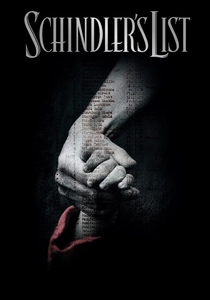
Schindler's List (1993)
Description: While not strictly a biopic, this film tells the story of Oskar Schindler, a German businessman who saved over 1,000 Jewish refugees during the Holocaust by employing them in his factories. It's a profound look at redemption and the fight against repression.
Fact: The film was shot in black and white to give it a documentary feel, with the exception of the iconic red coat worn by a little girl.
 Watch Now
Watch Now

The Pianist (2002)
Description: This film follows the true story of Władysław Szpilman, a Polish-Jewish pianist who survived the Holocaust by living in hiding in Warsaw. It's a testament to the power of music and the will to survive under extreme repression.
Fact: Roman Polanski, the director, was himself a Holocaust survivor, which added a deeply personal touch to the film.
 Watch Now
Watch Now

The Diving Bell and the Butterfly (2007)
Description: Based on the memoir by Jean-Dominique Bauby, this film tells the story of his life after a massive stroke left him with locked-in syndrome, exploring themes of resilience and the human spirit's capacity to adapt.
Fact: The film was shot from the perspective of Bauby, with the camera often positioned to mimic his limited field of vision.
 Watch Now
Watch Now
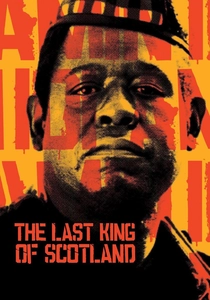
The Last King of Scotland (2006)
Description: This film portrays the brutal regime of Ugandan dictator Idi Amin through the eyes of a young Scottish doctor who becomes his personal physician, offering a chilling insight into political repression and power abuse.
Fact: Forest Whitaker won an Academy Award for Best Actor for his portrayal of Idi Amin.
 Watch Now
Watch Now
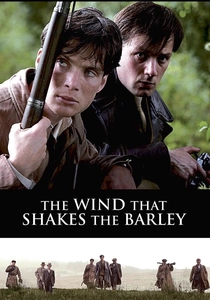
The Wind That Shakes the Barley (2006)
Description: Set during the Irish War of Independence and the subsequent civil war, this film explores the personal and political conflicts that arise from fighting against British rule and the internal strife that follows.
Fact: The film won the Palme d'Or at the Cannes Film Festival, highlighting its critical acclaim.
 Watch Now
Watch Now
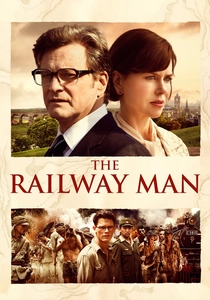
The Railway Man (2013)
Description: Based on the memoir by Eric Lomax, this film follows his journey from a prisoner of war during WWII, tortured by the Japanese, to his later life where he confronts his past and seeks reconciliation with his tormentor.
Fact: Colin Firth, who played Lomax, met with the real Eric Lomax to prepare for the role.
 Watch Now
Watch Now

The Imitation Game (2014)
Description: This film tells the story of Alan Turing, the mathematician who helped crack the Enigma code during WWII, but faced severe repression due to his homosexuality, leading to his tragic end.
Fact: Benedict Cumberbatch's performance as Turing was widely acclaimed, earning him an Oscar nomination.
 Watch Now
Watch Now
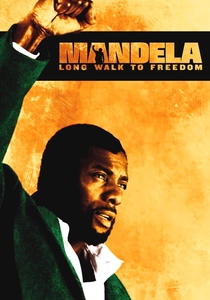
Mandela: Long Walk to Freedom (2013)
Description: This biopic chronicles the life of Nelson Mandela, from his childhood through his 27 years in prison to his eventual presidency, highlighting the fight against apartheid and the personal sacrifices he made.
Fact: Idris Elba, who played Mandela, spent time in South Africa to prepare for the role, even visiting Mandela's former cell on Robben Island.
 Watch Now
Watch Now
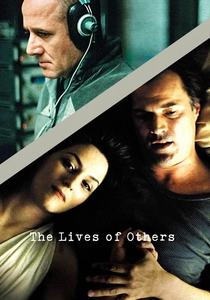
The Lives of Others (2006)
Description: This German film explores the life under the Stasi surveillance in East Germany, focusing on a playwright and his actress girlfriend, whose lives are intrusively monitored by a Stasi officer. It's a chilling portrayal of how state repression can infiltrate personal lives.
Fact: The film won the Academy Award for Best Foreign Language Film in 2007, and it was the first German film to do so since
 30 Days Free
30 Days Free
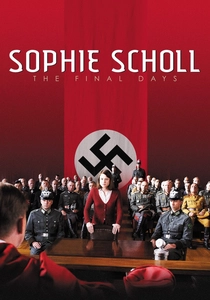
Sophie Scholl: The Final Days (2005)
Description: This German film recounts the last days of Sophie Scholl, a member of the White Rose resistance group, who was executed for distributing anti-Nazi leaflets. It's a powerful narrative of courage against oppression.
Fact: The film uses actual transcripts from Scholl's interrogation, providing an authentic portrayal of her final days.
 30 Days Free
30 Days Free









